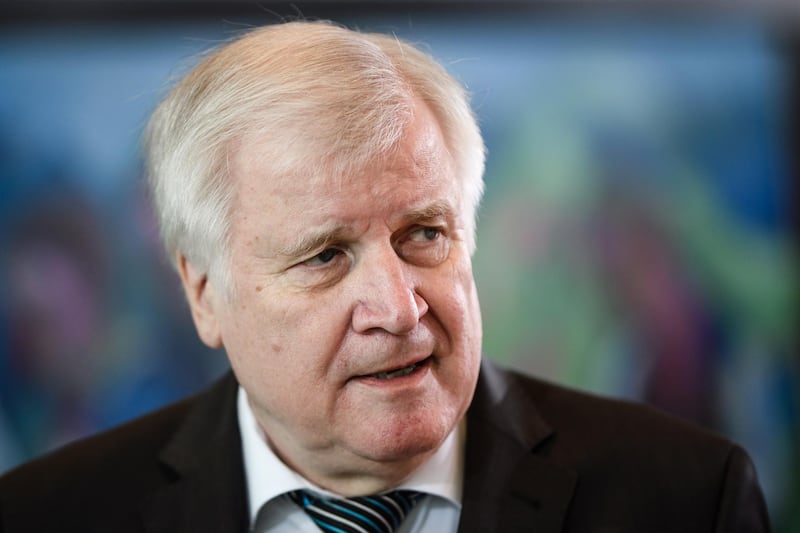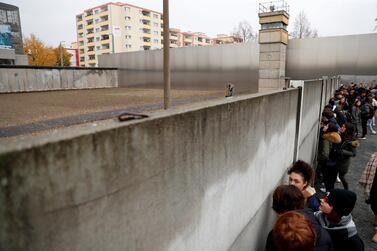Imams from abroad seeking to work in Germany must prove they have “sufficient” German language skills if they want to reside in the country, a draft bill put forward by the country's cabinet says.
Officials said language skills are a pre-requisite for successful integration into Germany for those seeking employment largely devoted to religion.
"We expect foreign imams to be able to speak German," a government spokesperson said.
Germany’s interior minister Horst Seehofer said: “Knowledge of the German language is indispensable for a successful integration — that is my firm conviction, all the more so, when clergy are reference points for many other immigrants’ successful integration in Germany.”
As role models to their communities it is important religious figureheads were integrated because they played a key role in supporting the peaceful coexistence between different cultures, the draft bill says.
But the move was slammed by Bekir Altas of the Milli Gorus mosque association who said the “superficial” approach was “dangerous”. He accused the government of taking a “populist” path.
“Media reports suggest that imams in Germany do not speak a single word of German. This is wrong,” Mr Altas said.
“On the other hand, many imams who preach in their mother tongue and practice their profession perform extraordinary works every day. It would be more appropriate to thank these imams instead of damaging them with superficial measures,” he added.
Exact figures for Islamic centres in Germany and their funding are hard to ascertain, although reports suggest there are some 2,000 mosques.
Often Imams from abroad are accused of lacking an understanding of German culture.
A recent report by the Konrad Adenauer Foundation, which is linked to Chancellor Angela Merkel’s Christian Democratic Union party, pointed out the posting of Turkish Imams to Germany has long been controversial.
This has become especially sensitive since the failed 2016 coup against the regime of president Recep Tayyip Erdoğan when Turkish-funded mosques were accused of taking on a political role and becoming an instrument of espionage. The Turkish-Islamic Union for Religious Affairs, a branch of Turkey’s government, funds around 900 mosques in Germany.
The bill will now move onto parliament.








